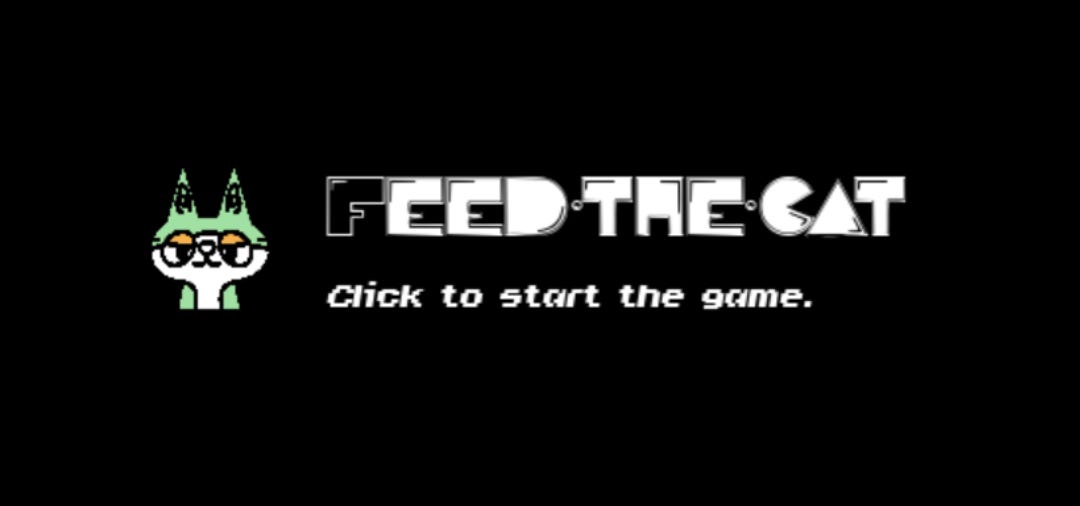Cybernetics and Cats

Biosphere 2 and ecosystem management / Feed-the-Cat / Open source events and public sector communities
In the Arizona desert, a massive greenhouse with polygonal windows glints in the sun, housing a recreation of Earth's biosphere. Today, Biosphere 2 is a science centre, back in the 1990s, it was the stuff of sci-fi dreams, captivating the world with its bold ambitions and surreal, futuristic images. For two years, a team of eight people lived inside the bio-dome, which replicated a miniature planet Earth complete with desert, rainforest, ocean, mangrove wetlands, savannah, and agricultural systems.
Biosphere 2 was not without its challenges, with dwindling oxygen levels, food shortages, and conflicts among the team members all taking their toll. The project's inability to sustain itself fully during its initial two-year period led many to deem it a failure. Yet, Biosphere 2 yielded scientific insights into the complexities of sustaining ecosystems.
I first heard about Biosphere 2 through a conversation with historians of technology, who were more intrigued by the human impulse to replicate complex natural processes than by the project's scientific outcomes. We were at a conference discussing the historical fascination with systems and how to replicate them, a byproduct, in part, of the rise of computers and their ability to facilitate large-scale simulations. The mid-20th century saw the emergence of cybernetics as a distinct field, which explored the dynamics of control and feedback in complex systems. The popular video game SimCity, for example, was born out of a simulation of urban growth and decline, its logic rooted in libertarian ideals.
Orchestrating containers, herding cats
Despite being an ecosystem coordinator by name, my job has little to do with maintaining oxygen levels or controlling the development of plants, animals, or cities. My day-to-day is, however, about managing complex systems: I help build strategic partnerships to foster a strong European open source ecosystem, and in some ways, my work reminds me of cybernetics and ecological systems thinking. "Cybernetics" comes from the Greek word "kubernetes", meaning the skilled helmsman who steers a ship. Coincidentally, my employer's main open source product relies on Kubernetes, an orchestration manager that helps steer the complex system that underlies containerized software.
However, there are few days when I feel like a master helmswoman steering the ecosystem ship. More often, I feel like, well, herding cats: I'm navigating a complex landscape of diverse stakeholders with competing interests, where every decision feels like a compromise. I’ve come to appreciate a good compromise, though, and I feel that my work is particularly crucial in the context of open source software, where the ecosystem is decentralized by nature and community-driven.
Without ecosystem support – and this includes appropriate funding – open source projects can become fragmented and lose the attention and maintenance they deserve. The goal for me is not to become a steering woman, but to help create a resilient ecosystem that can navigate its own complexities and continue to evolve over time. Instead of a Biosphere mastermind, I’m more of a gardener, trying to coax the corn stalks into supporting the beans.
The five things you should...not expect in this newsletter
I started this newsletter on a whim, to be honest, because I felt like I needed a little thinking and writing corner, and as an opportunity to contribute to and connect with interesting conversations around open source ecosystem and community work. As a trained tech historian, I've got a few stories to share that haven't been told yet, and I'm hoping to add some depth to the discussion.
I'm planning to publish posts on a monthly basis (fingers crossed), covering different aspects of ecosystem management. They'll be hands-on and practical, because that's how I work, but I'm steering clear of listicles and quick fixes. That's what ChatGPT & Co. can do just as well, if not better. Instead, I'm taking a cue from the Sovereign Tech Fund's motto: "Move deliberately and fix things." Let’s do just that, shall we? Even if it takes a little longer.
The Toybox
I do want to have some fun along the way, so I'm introducing a Toybox section in this newsletter to share fun little side projects – bonus points if they're open source! If you've got a project you'd like to share, point me to it, and I'll feature it here. If not, you'll get to see some of mine instead. To kick things off, I'm sharing Feed-the-Cat, a silly mini game I built using pygame and pygbag. I took a basic pygame template, added a few lines of code, wrapped it with pygbag, and put it on itch.io (you’ll find the code here).
Now, let's make it more interesting: Share your Feed-the-Cat high score with me, and I'll publish a greeting to your favorite person (mum, best friend, soccer coach, high school teacher – whoever) in my next newsletter, courtesy of the person with the highest score.

Treats
Last but not least, I'd like to share some ecosystem and community treats, helpful resources I've stumbled upon, or interesting projects that friends and colleagues are involved in. This time, I've got two podcast episodes to recommend: Emily Omier and Brian Proffitt's insightful discussion on open source events, and, for our German-speaking readers, the latest eGovernment podcast episode on community management in the public sector.

